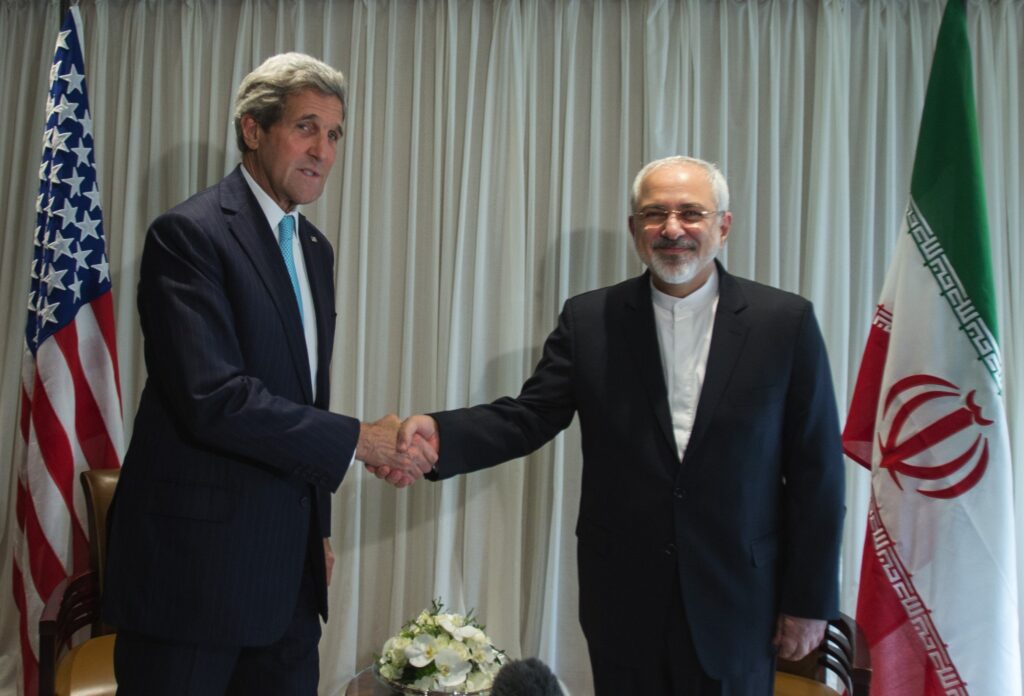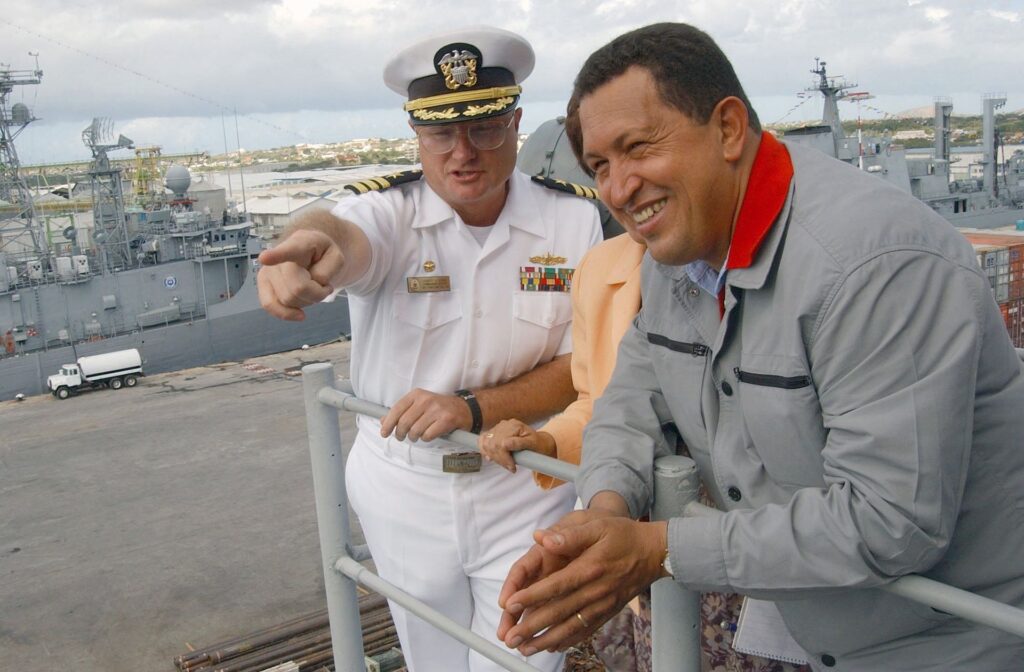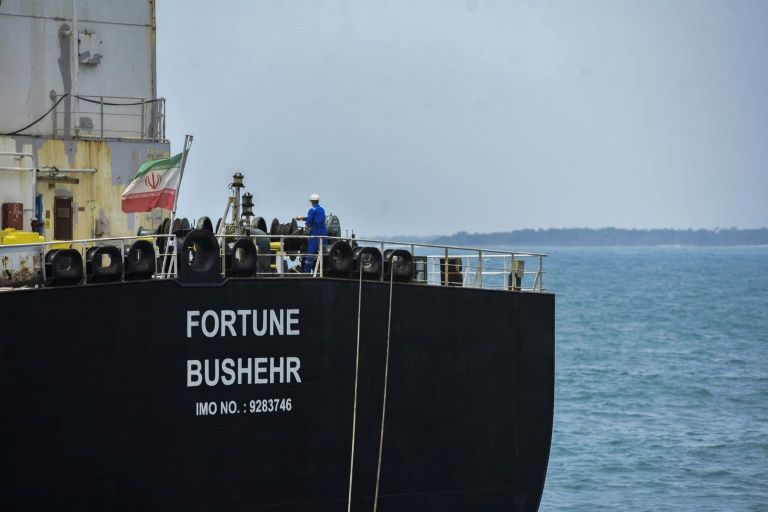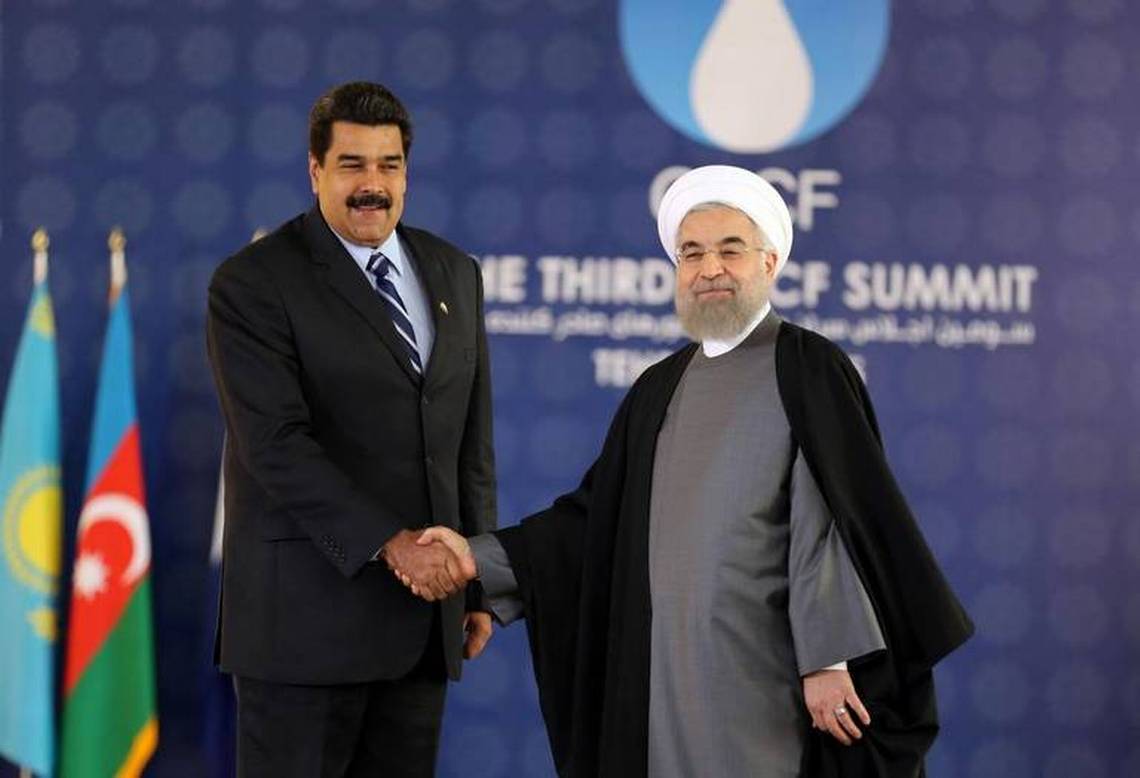Over the past several months, the Iranian-Venezuelan alliance has grown stronger as the two nations work towards economic recovery & stability. These actions have prompted some news outlets to report that such an expanding alliance is to push against US interests. Stipulation finds this report to be UNBIASED, yet needing greater context. Most news outlets have not confirmed this report.
Past Context
There are two preceding and ongoing affairs that need to be taken into account before analyzing the aforementioned report.
The first deals with the many disputes between Iran and Western powers (with particular emphasis on the United States). For instance, since the late 1980s, Iran has developed and maintained a nuclear program. While Iran claims that the program aims to improve its nuclear energy infrastructure, some countries have claimed Iran is determined to create nuclear weapons. These nuclear weapons would further destabilize diplomatic efforts. As such, the United States – a chief adversary of Iran – has engaged in actions to restrict the country from obtaining nuclear weapons.
In 2015, however, the two sides came to an imperfect, yet peaceful agreement. In short, the Joint Comprehensive Plan of Action (also known as JCPOA, or the Iran Nuclear Deal) was a list of actions and compliance measures hat would, presumably, reduce the capability of Iran obtaining nuclear weapons. At the same time, with proper verification, the US-led P5+1 would lift all nuclear proliferation-related sanctions.

Unfortunately, the US’ agreement to the JCPOA was rescinded less than two years into the Trump presidency. On May 8, 2018, citing “glaring flaws,” President Trump announced the US’ withdrawal from the JCPOA:
“The Iran deal is defective at its core. If we do nothing, we know exactly what will happen. In just a short period of time, the world’s [Iran] will be on the cusp of acquiring the world’s most dangerous weapons.”
It was not long after the withdrawal that military saber rattling and proxy battles intensified once more. Moreover, the antagonistic relations between the US & Iran reached new heights after the assassination of Qasem Soleimani.
Past Context Continued.
When it comes to Venezuela, its relevant history with the US more recent, but it is still worth mentioning.
Namely, since Hugo Chavez assumed the presidency in 1999, relations between the two countries have been under constant distress. The chief sticking point has centered around Chavez transitioning the country towards socialism against the imperialist interests of the United States.
Under the banner of “Socialism of the 21st Century,” Venezuela nationalized its oil/natural gas industry and openly promoted the redistribution of wealth to lift families out of poverty – among other populist socioeconomic policies.
The reason Chavez’s Venezuela ran afoul of US interest is two-fold. On one hand, the US has routinely taken an anti-socialist stance; even if a country adopting socialist policies is improving. Since the end of World War II, the prevailing political sentiment coming from US politicians has been that socialist is untenable because it is antithetical to the expressed interest of the US. That is, according to them, freedom (both in economics & in civil liberties) suffers tremendously if a country embraces socialism.

On the other hand, the reason the US-Venezuela relation has been so poison in recent years has been due to Venezuela’s unapologetic rejection US economic enterprise. Specifically, part of Venezuela socialist outlook has been to reject corporate influence in its’ prominent oil industry. Since the expansion of state-owned Petroleum of Venezuela (PDVSA) in the mid-2000s, Venezuela has essentially “bought out” all stakes of non-domestic oil corporations within its boarders.
This, to a large extent, has led to the US-backed a military coup against Chavez’s successor Nicolás Maduro in 2019.
Current Context
For the sake of brevity, I have left out many other issues. However, that background is sufficient enough to focus on the current happenings between Iran and Venezuela. In late May 2020, Iran began to send five oil tankers to Venezuela to supply the country with gasoline. Due to US-imposed sanctions, much of the Venezuelan fuel production has slowed to a halt; thus increasing economic difficulty. In return, the Iranians have received at least $500 million in gold bars.
Because both countries are facing similar hardships, they have increased dependency on one another. Although both countries are subjected to US sanctions – including, ostensibly, to trade with one another – the US decided not to stop Iran from delivering fuel via the Caribbean Sea. Such an action would have escalated military friction and/or cyber attacks between the two – none of which would be welcomed in Washington DC, Tehran, or on the international scene.

Who Reported It?
Many of the outlets who reported/confirmed the story are perceived to have right-leaning political bias. However, it should be noted that outlets traditionally seen as “neutral” also confirmed the report. Some of the news outlets that covered the report include:
How Biased Is The Report?
The report that Iran and Venezuela are allying with each other against the United States received an ABS of 36.68. Accordingly, Stipulation considers this report UNBIASED. However, this scores ranks slightly above 35.073 Averaged Bias Score, which would make it neutral and/or unverified. Going forward, it is important to qualify this report with the reality that it is a developing story which many outlets have not confirmed.
